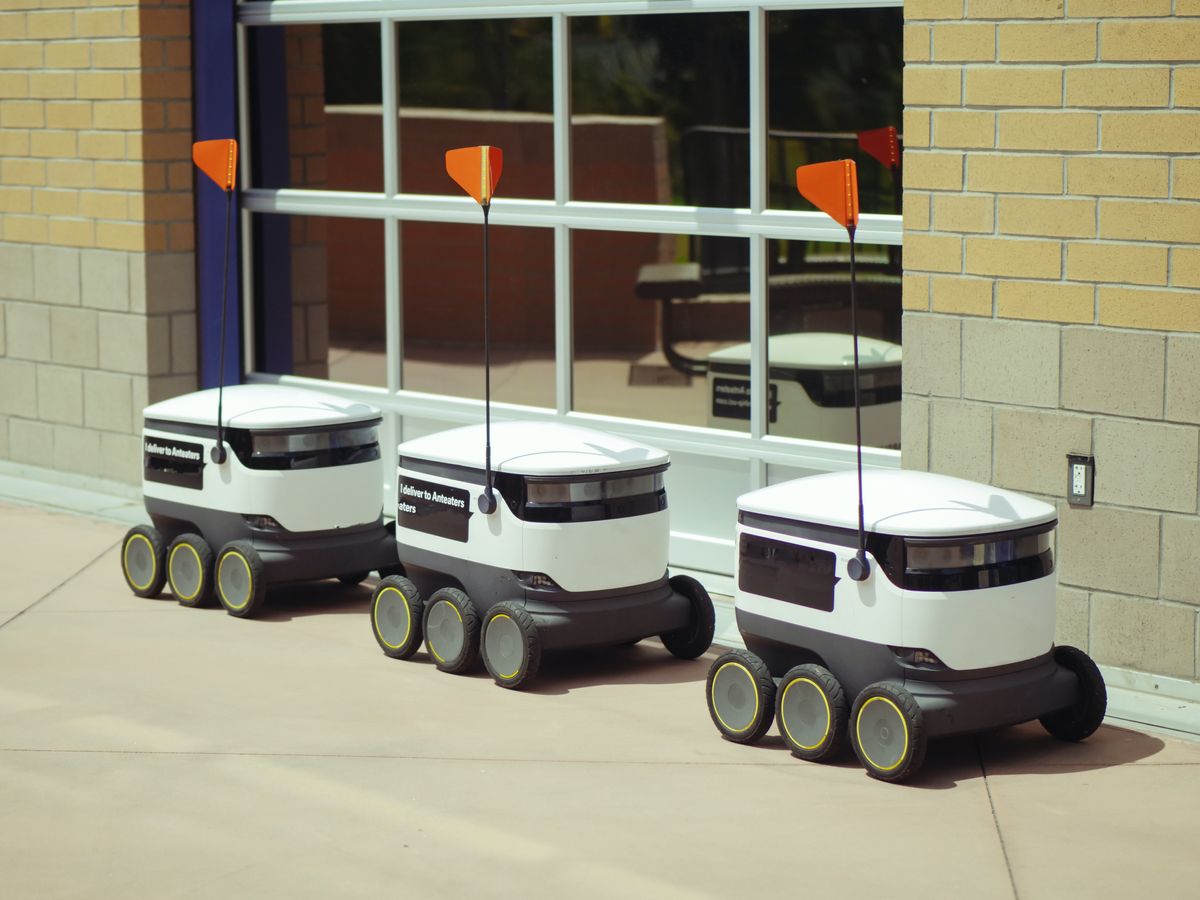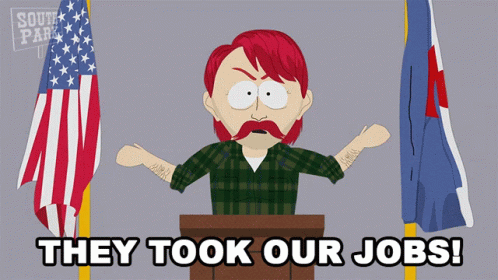Could AI make wealth inequality worse?
Artificial intelligence is supposed to make human lives better.

A few minutes every morning is all you need.
Stay up to date on the world's Headlines and Human Stories. It's fun, it's factual, it's fluff-free.
Artificial intelligence is supposed to make human lives better. But is that actually what will happen now that AI technology has become more advanced?
Luckily, many workforce experts say that fears of AI tech causing unemployment to skyrocket are exaggerated. At the same time, though, it could worsen income and wealth inequality. How? AI could enable a new wave of tech billionaires while pushing many workers out of middle-paying jobs.
“It’s increasingly going into office-based work and customer service and sales,” Anu Madgavkar, who leads labor market research at the McKinsey Global Institute, explains. “They are the job categories that will have the highest rate of automation adoption and the biggest displacement. These workers will have to work with it or move into different skills.” So, downward social mobility for white-collar workers is a real threat here.
Even with tech advancing so quickly, productivity growth has been slow since at least the mid-2000s in many countries all over the world. Economists see productivity growth as an essential thing when it comes to improving living standards. This is because AI developers have been trying to replicate human intelligence, which has mostly just led AI and automation to replace workers, not build on human capabilities to enable people to do new tasks.

Erik Brynjolfsson, director of the Stanford Digital Economy Lab, says, “Ultimately, a focus on more human-like AI can make technology a better substitute for the many nonsuperstar workers, driving down their market wages, even as it amplifies the market power of a few. This has created a growing fear that AI and related advances will lead to a burgeoning class of unemployable or ‘zero marginal product’ people.”
On top of that, new tech also creates this risk on a country-to-country level; the gap between rich and poor countries could widen as more investment is shifted to advanced economies where tech hubs are already grounded. According to the IMF, “The growing youth population in developing countries was hailed by policymakers as possibly a big chance to benefit from a transition of jobs from China as a result of its graduating middle-income status. Our findings show that robots may steal these jobs.”




Comments ()